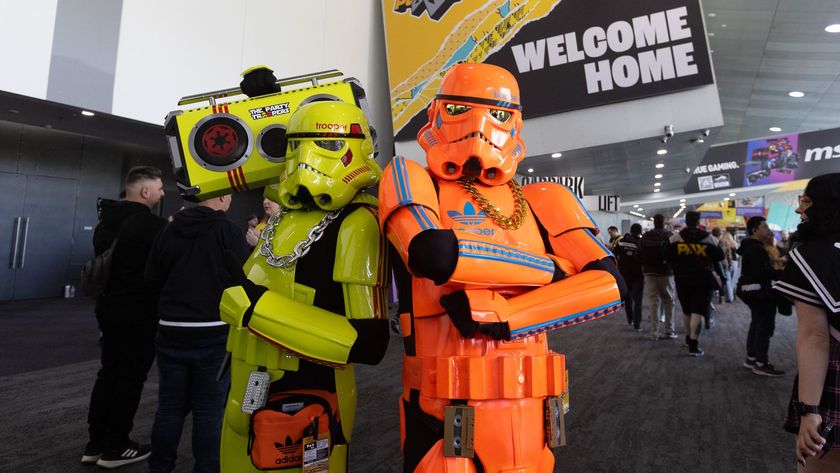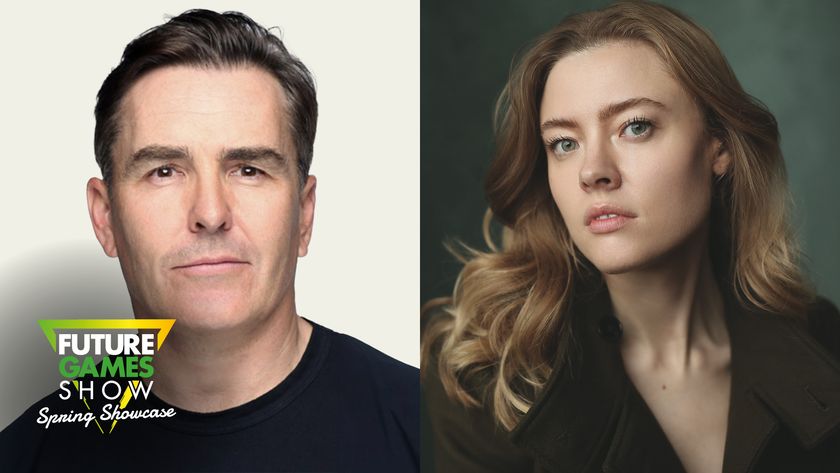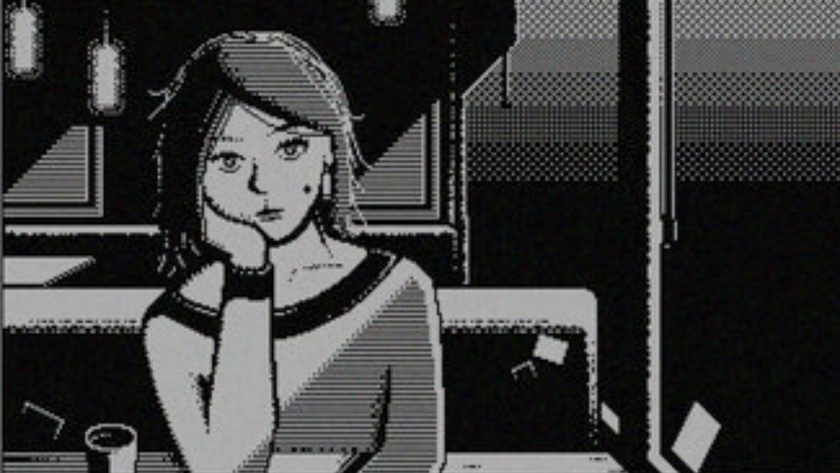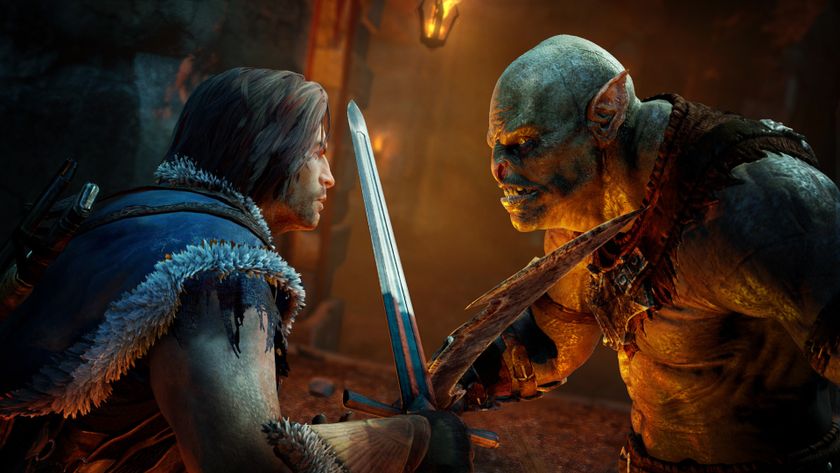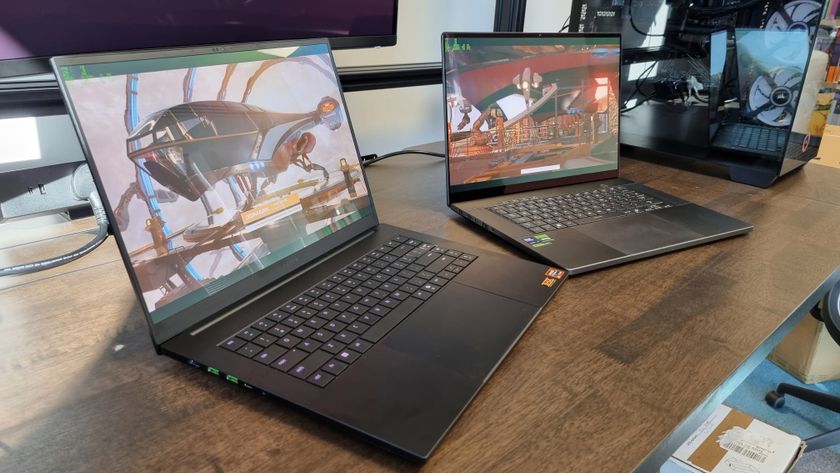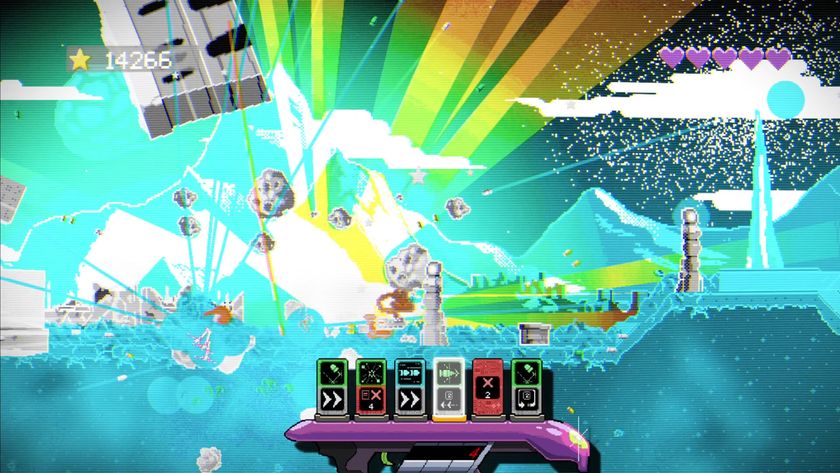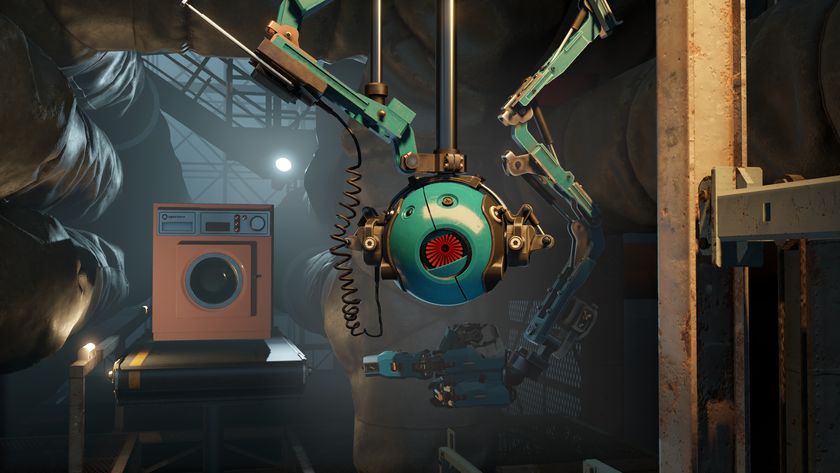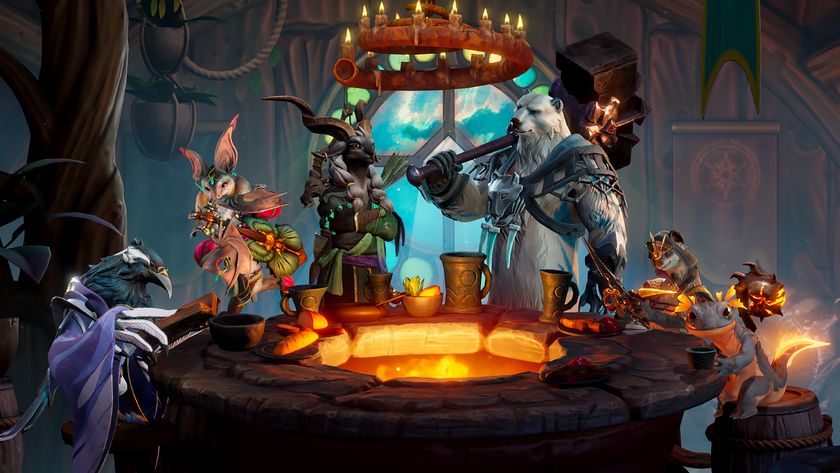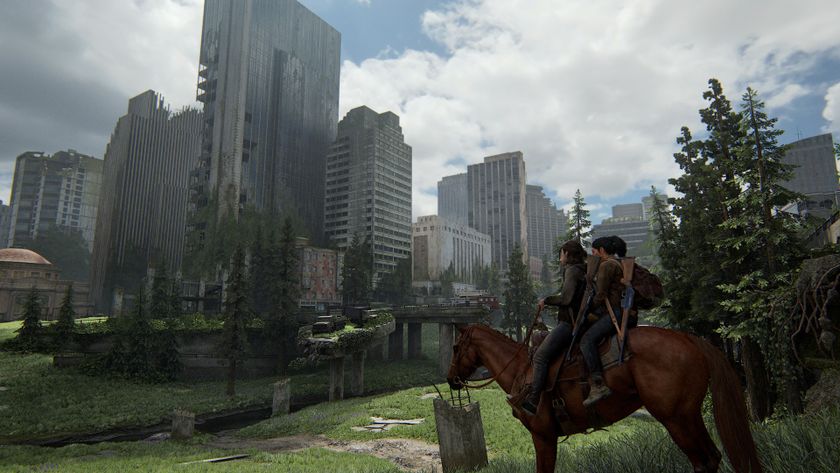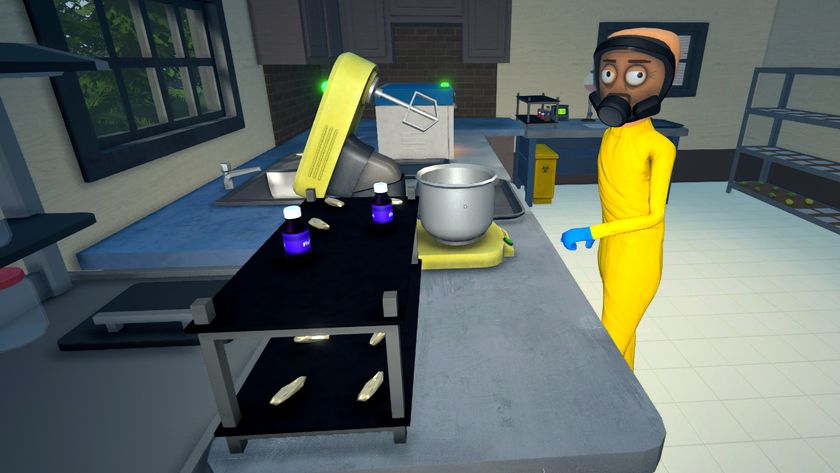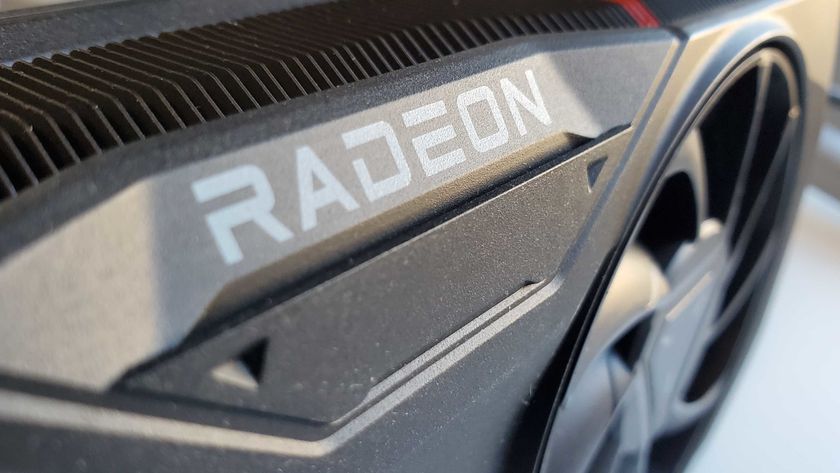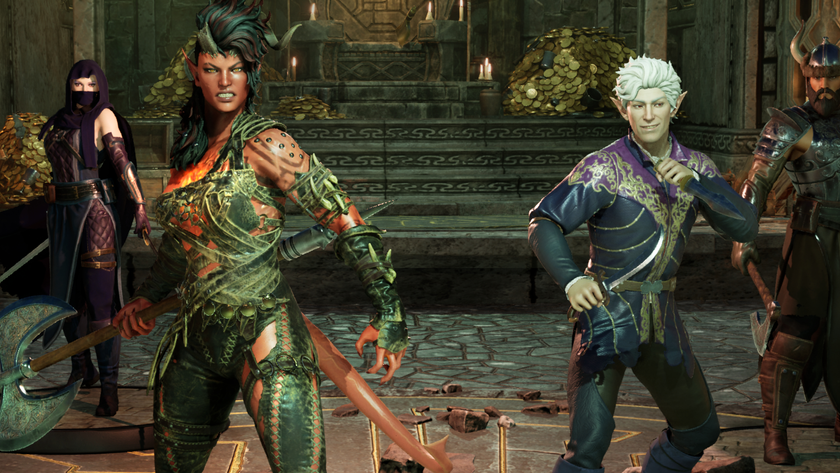How the industry is reacting to E3's cancellation
E3 2020 is cancelled. Here's how the industry is responding.
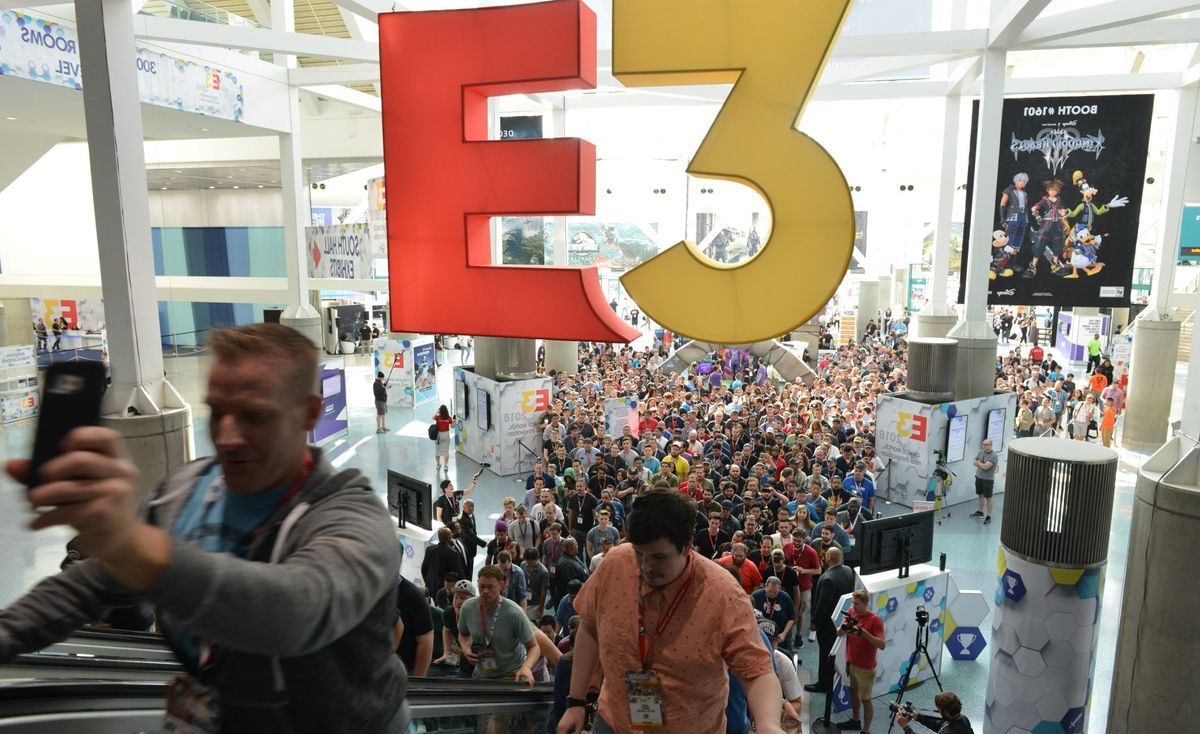
The ESA held out as long as it could, but in the end it was inevitable: E3, the highest-profile videogame show in North America, was cancelled today because of the global coronavirus health emergency.
The shutdown is bad enough in its own right, but making matters worse, it comes in the wake of growing questions about E3's relevance at a time when broadband internet has enabled game publishers to reach their customers directly.
In fact, industry analyst Doug Creutz told the Wall Street Journal (via Sarah E. Needleman) that the coronavirus could prove to be an existential turning point for E3: If publishers are able to adequately reach their fans directly through online presentations, the absence of the show could end up demonstrating beyond any doubt that it's simply not relevant anymore.
Publishers respond
That's what many major publishers are looking to do. Almost immediately after E3 was officially cancelled, Microsoft's head of Xbox Phil Spencer took to Twitter to say that it will hold a "digital event" instead.
E3 has always been an important moment for Team Xbox. Given this decision, this year we'll celebrate the next generation of gaming with the @Xbox community and all who love to play via an Xbox digital event. Details on timing and more in the coming weeks https://t.co/xckMKBPf9hMarch 11, 2020
Ubisoft wasn't as firm, but said that it is also looking into streaming options.
An update regarding E3 2020. pic.twitter.com/cThkDIkfVmMarch 11, 2020
Electronic Arts, which holds an annual EA Play press event at E3, has "continued to follow the coronavirus developments around the world very closely," a rep said in a statement. "Clearly the situation is evolving by the day, and we’ve been reviewing how it will change our plans for EA Play 2020. We will share more soon."
Devolver Digital, which got the E3 cancellation rumor ball rolling downhill last night, is "bummed" about the cancellation but still plans on holding a Devolver Direct livestream in 2020. Speaking strictly for myself, as long as that warped festival of weirdness is happening, I'll be satisfied.
The biggest gaming news, reviews and hardware deals
Keep up to date with the most important stories and the best deals, as picked by the PC Gamer team.
The week of E3 has always been a big part of what we do and are genuinely bummed about the cancelation of the event itself.Lots to juggle but right now we plan on having a livestream Devolver Direct / press conference and possibly more. pic.twitter.com/nGDAEsIzUsMarch 11, 2020
THQ Nordic had a slightly different take. I'm not sure this makes up for the whole 8chan AMA thing, but I do love this meme.
F pic.twitter.com/wOlXR7Xm3xMarch 11, 2020
We at PC Gamer also put on a show during E3 week, and we're currently investigating multiple options to bring The PC Gaming Show back for 2020, and will have more to share in the coming weeks.
Indie reactions
While major publishers seem relatively unruffled by the cancellation, the situation is somewhat different in the indie scene.
"While E3 is far less visited by indie devs than GDC is, especially so for international devs, this still means another opportunity for pitches, meetings, announcements, and opportunities gone," tweeted Rami Ismail of Nuclear Throne studio Vlambeer. "Whether this was good for E3, or a nail in the coffin, well, we'll see in a year."
Mike Bithell of John Wick Hex developer Bithell Games had similar thoughts:
The impact of a year without GDC and E3 in terms of projects unsigned and deals undone, is gonna last for years. It’s a largely invisible influence, but I don’t know of many devs above a certain budget level that this hasn’t had any effect on.March 11, 2020
International Game Developers Association
The IGDA, which has partnered with Gamedev.world and Take This to help alleviate the impact of the coronavirus on developers, predicted that the outbreak will drive a greater focus on online events in the future.
"The cancellation of two of the largest events for game developers to connect and market their games will certainly affect marketing strategies for 2020 and beyond. I believe we will see more online announcements planned by larger organizations, while smaller studios will come together to support each other for their own announcements," executive director Renee Gittens said.
"The IGDA is launching a program to promote the game and fundraising launches of our members to our audience of over 100,000 game developers and fans. We hope that programs like this will help soften the blow from the loss of these events."
Gittens also clarified that its partnership with Gamedev.world "is for all developers affected by COVID-19, not just for GDC. The IGDA is considering other ways we can serve developers affected by the closure of E3 but has nothing definitive to announce at this time."
The end of E3 as we know it?
The loss of E3 will inevitably be disruptive, but the extent of that disruption will depend in large part on how publishers are able to manage it. Based on precedent, it may not be too much of an obstacle for the big companies: Sony skipped last year's event to no apparent ill effect and wasn't going to show up this year, and Nintendo has relied on its Nintendo Direct presentations rather than conventional E3 press events for years.
Interviews and hands-on demos will be missed, but that also presents an opportunity to spread that information out, rather than firing it into our veins like a blistering speedball of digital fury.
For smaller studios and professionals who hoped events like GDC and E3 would lead to new connections, deals, and publicity, the effect may be far greater.
You can follow our coverage of all industry-related coronavirus updates here. For more information on the Covid-19 pandemic, visit the Centers for Disease Control for updates in North America, the European Centre for Disease Prevention and Control, or the World Health Organization.

Andy has been gaming on PCs from the very beginning, starting as a youngster with text adventures and primitive action games on a cassette-based TRS80. From there he graduated to the glory days of Sierra Online adventures and Microprose sims, ran a local BBS, learned how to build PCs, and developed a longstanding love of RPGs, immersive sims, and shooters. He began writing videogame news in 2007 for The Escapist and somehow managed to avoid getting fired until 2014, when he joined the storied ranks of PC Gamer. He covers all aspects of the industry, from new game announcements and patch notes to legal disputes, Twitch beefs, esports, and Henry Cavill. Lots of Henry Cavill.
